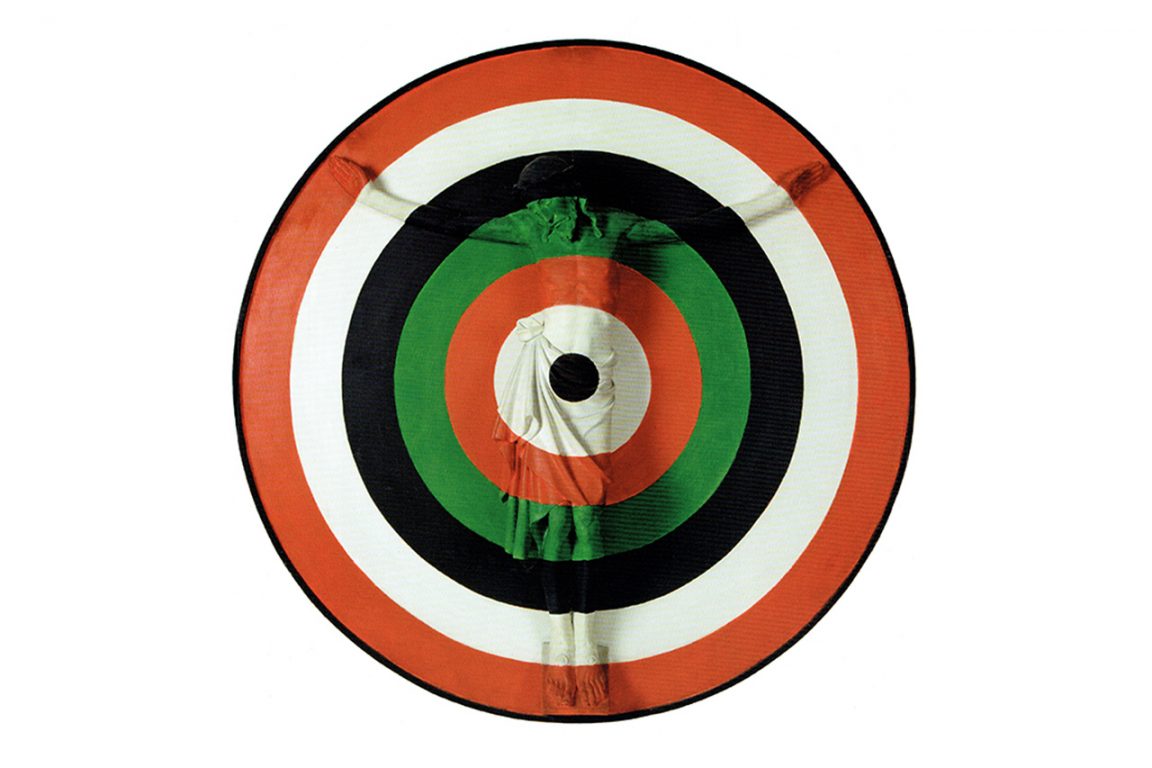Religion and Politics: Conflict and Peace

About The Event
13th International Conference of the SIEF Ethnology of Religion Working Group
Date: September 20-23, 2018
Venue: Siena, Italy
Politics and religion have never existed in isolation but always stood in continuous interaction throughout times. The “growing salience of religion on the world stage” (Hackett 2005:145) is to a great part due to the politization of religion in different contexts and dimensions: already in the early 2000s Grace Davie pointed to the European exceptionalism to the former persistent secularization thesis (cf. Berger 1967): “New arrivals”, especially Muslim Immigrants, challenged the image of the secular state. Right wing oriented, anti-Muslim political parties arose all over Europe as a reaction to the supposedly Muslimization of certain sectors of society. At the same time, orthodoxy was re-established in Putin´s Russia and conservative or contestative Roman Catholic movements address political developments all over the world. Nationalist Hinduism rose in India up to the election of a respective prime-minister. These various developments in political discourse also drew attention to the scientific study of religion. For the ethnography of religion it is a chance to broaden its objects of study and increase its public visibility…
Grasping the relationship of religion and politics in conflict and peace can also be framed in historical context.
The 13th conference of the SIEF Ethnology of Religion Working Group aims to explore from ethnological / anthropological perspective the general theme of politics and religion in various national and political contexts, either in historical or contemporary times.
Possible subthemes of the conference are:
- The role of religion in ongoing conflicts and peacebuilding initiatives
- The politization of religion in discursive and historical dimensions
- Grassroots movements and religious creativity under different political regimes
- Sacred spaces, religious art, performances: objects, rituals, languages and practices in terms of religious and political tension.
For more information, please contact: ethnorelsiena@unisi.it


We're always eager to hear from you.
If you’d like to learn more about us or have a general comments and suggestions about the site, email us at